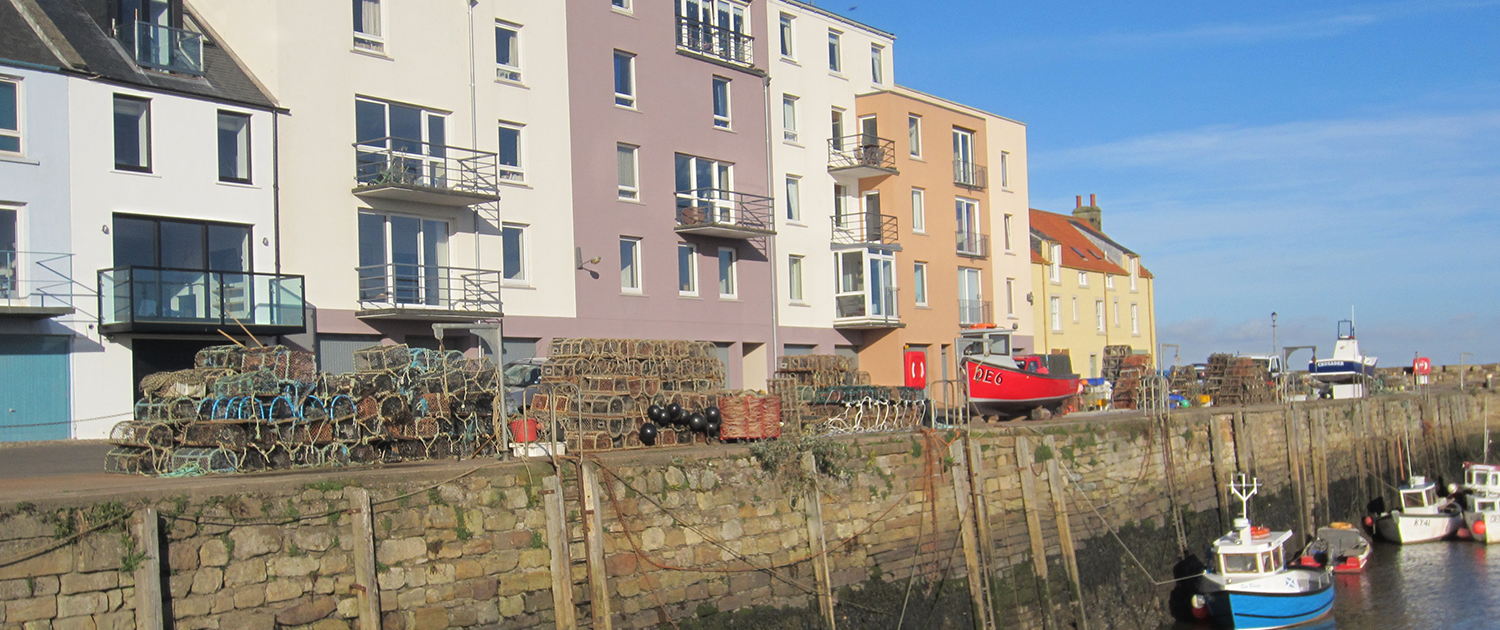What You Need To Know When Buying A UK Holiday Home

If you’re thinking about buying a holiday home, it may help to equip yourself with a little knowledge before taking the leap. Owning a holiday home can be a substantial but rewarding investment, offering you a personal retreat and if you put in some work, the potential for a holiday letting income.
In this article, we’ll guide you through key considerations when buying a holiday home, including primary residency laws, holiday letting potential and the work involved in running a holiday letting business. So, let’s dive in and ensure you’re well-prepared for this exciting venture.
Before buying a holiday home, it’s a good idea to familiarise yourself with the legal aspects regarding primary residency. As with any major purchase, it may be a good move to get a solicitor involved to check the details of any contracts or agreements you enter into.
In the UK, holiday homes are subject to certain restrictions on year-round occupancy. Typically, you must ensure that the property is not your primary residence and that you adhere to the specific usage guidelines set by the local authority or planning department. It’s advisable to consult with legal professionals or local authorities to understand the specific regulations applicable to the area where you plan to purchase.
Letting your holiday home
One of the enticing aspects of owning a holiday home is the potential to generate income through holiday letting. Before making a purchase, it’s important to research the demand for holiday rentals in the area. Consider factors such as proximity to tourist attractions, scenic landscapes, or coastal regions that attract visitors. Assess the popularity of the location during different seasons and understand the market trends to maximize your potential returns. Online platforms and local holiday rental agencies can provide insights into rental rates, occupancy rates and guest preferences.
Running a holiday letting business requires dedication, time and effort. It’s crucial to be realistic about the work involved. You may want to consider the following aspects:
- Property Management: As a holiday homeowner, you’ll need to manage the property, ensuring its cleanliness, maintenance and proper functioning. This includes regular cleaning, property inspections, repairs and handling any emergencies that may arise. Having a reliable local contact or engaging professional property management services, can help alleviate the workload and ensure a smooth operation.
- Marketing and Bookings: Effectively marketing your holiday home is vital to attract potential guests. Invest in professional photography, write compelling descriptions, and utilise online booking platforms, social media and local tourism websites to reach a wider audience. Promptly responding to inquiries and managing bookings will contribute to positive guest experiences and repeat business.
- Guest Experience: Strive to provide exceptional guest experiences to garner positive reviews and encourage guest referrals. Ensure your holiday home is well-equipped with necessary amenities, offer local recommendations and information, and maintain clear communication throughout guests’ stays. Going the extra mile can lead to higher guest satisfaction and increased bookings.
If this all seems too much, but you still would like to put your holiday home to some use when you are not personally using it, perhaps one of the many letting agencies that specialise in holiday homes would suit your needs. Be prepared to research your options if you go down this route, as there is a lot of variety in terms of the fees and commission that agencies charge. Shopping around may be well worth it, if you go down this route.
Where to buy your holiday home
Choosing a holiday home location within a reasonable distance from your primary residence is a wise decision. Opting for a location within a two-hour drive means that it’s an easy bolt-hole for long weekends and short breaks as well as longer holidays. In addition, it ensures that you can easily attend to any necessary repairs, address emergencies, or handle day-to-day management tasks. Being close to your holiday home allows for more convenience and peace of mind.
Holiday home insurance
Of course, you’ll need insurance for your holiday home. Choosing a company that specialises in holiday home insurance, such as My Holiday Home Insurance, means that you’ll receive the value for money and quality of service that you’d expect from an award-winning insurer.
As you contemplate buying a holiday home, it’s vital to be well-informed and prepared. A good understanding of the laws surrounding primary residency certainly can help, as can researching the holiday letting potential in your desired area and an awareness of the work required to run a successful holiday letting business. Remember, it is often a good idea to consult legal professionals and local authorities to ensure compliance with regulations. Consider location proximity to facilitate efficient management. With careful planning, diligent research, and, if you are letting, a commitment to providing exceptional guest experiences, owning a holiday home can be a rewarding investment that brings enjoyment and potential financial benefits.
This is a marketing article from My Holiday Home Insurance, a specialist provider of insurance for holiday lodges, holiday homes, leisure homes, holiday chalets and static caravans. Our team of experienced advisers are always happy to help, so for more information call our Northampton office on freephone 0800 988 0890.
To stay up to date with similar topics please like and follow us on LinkedIn, Facebook and Twitter.


